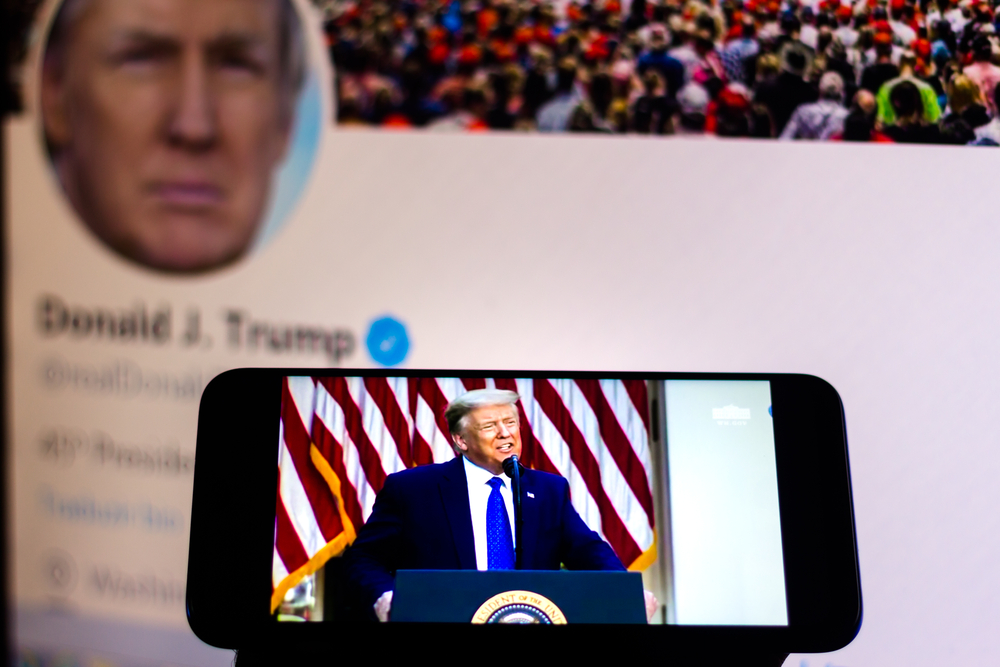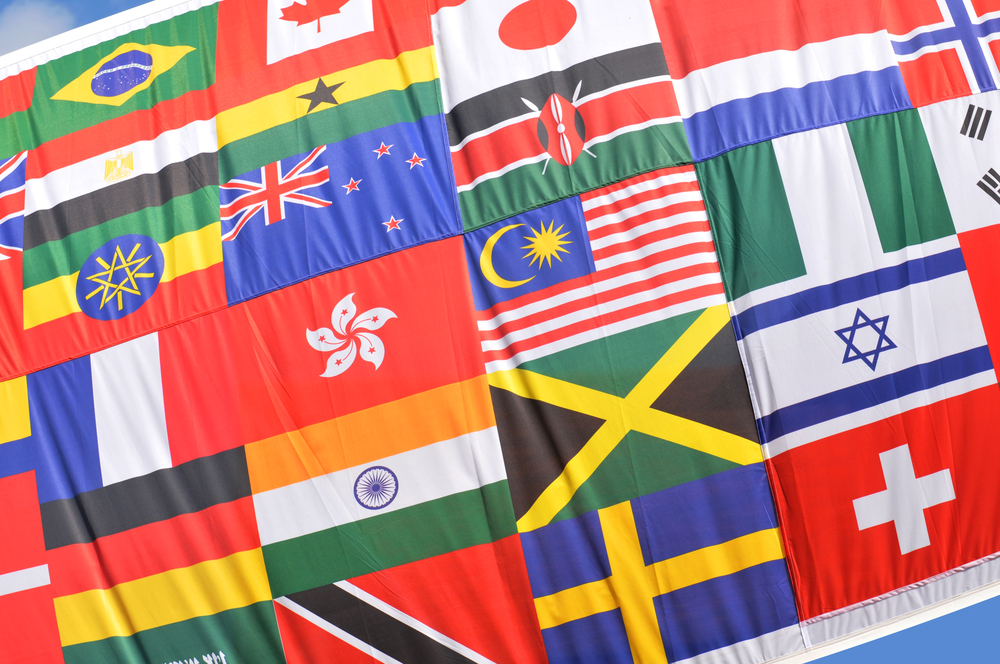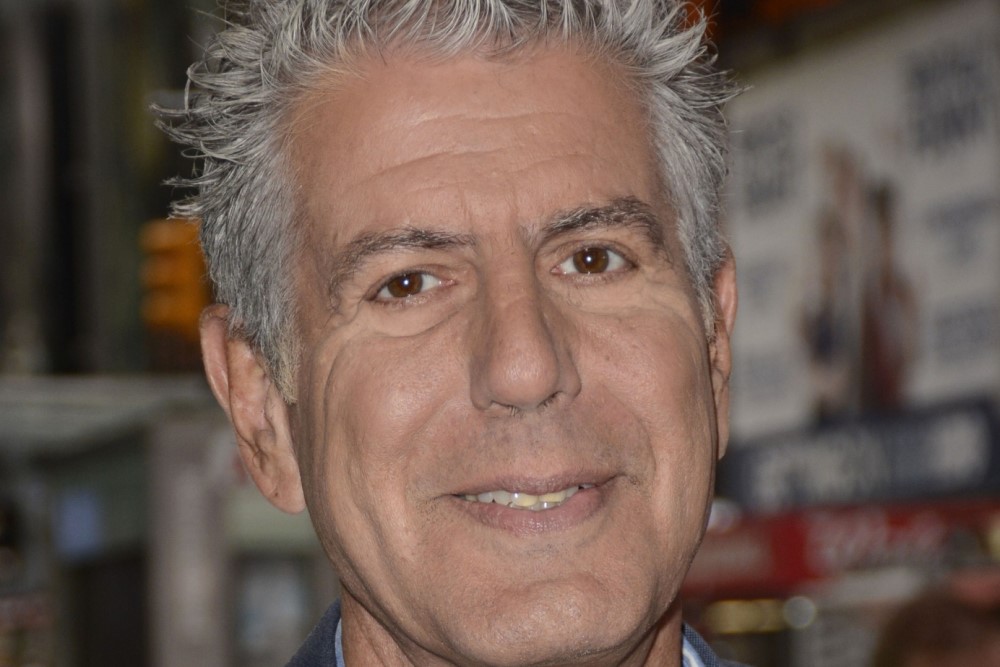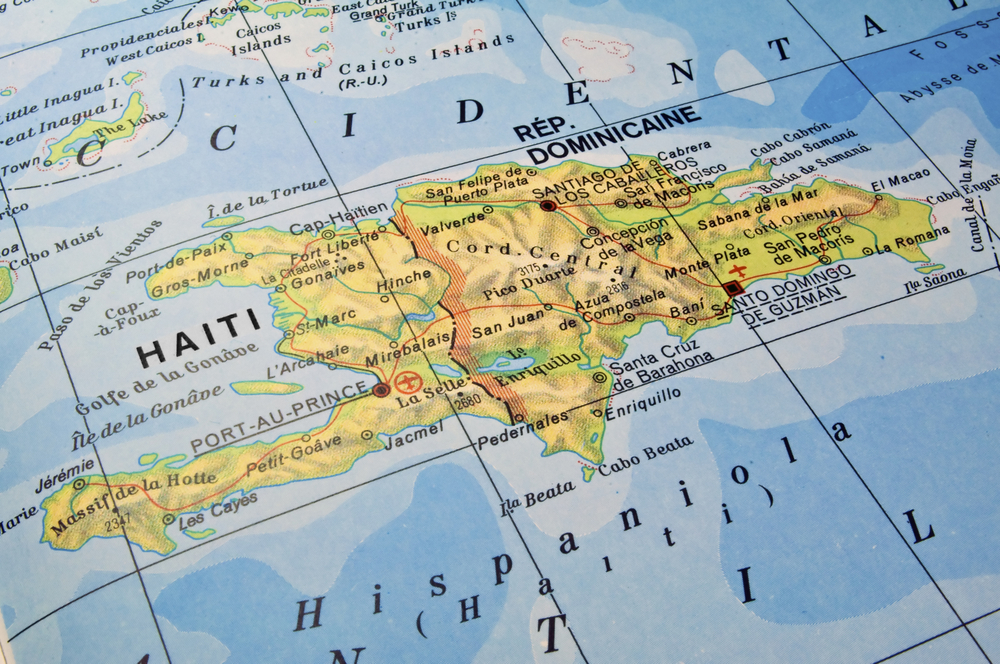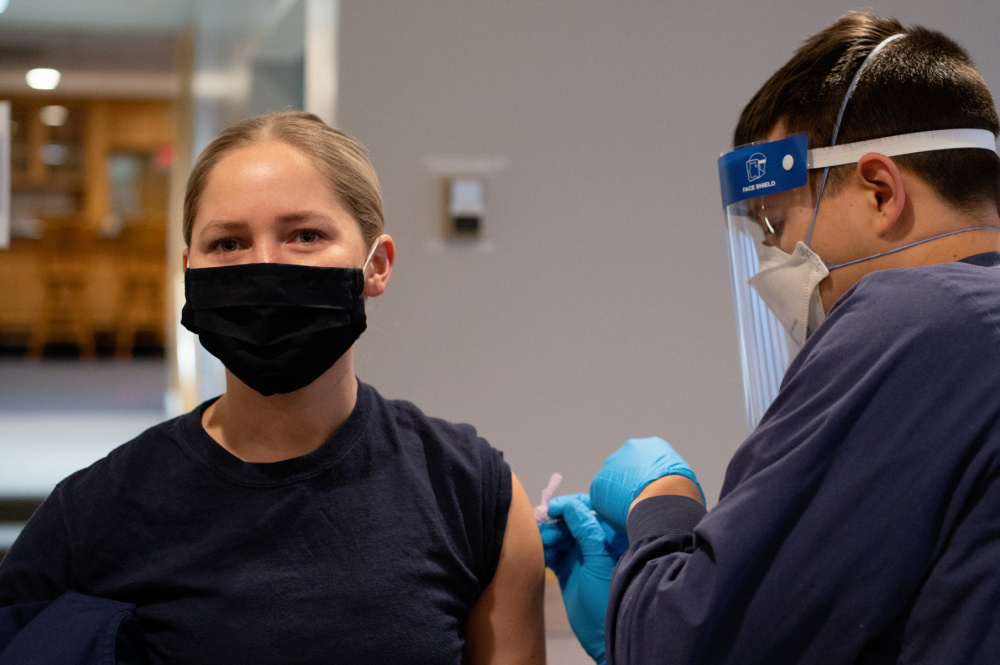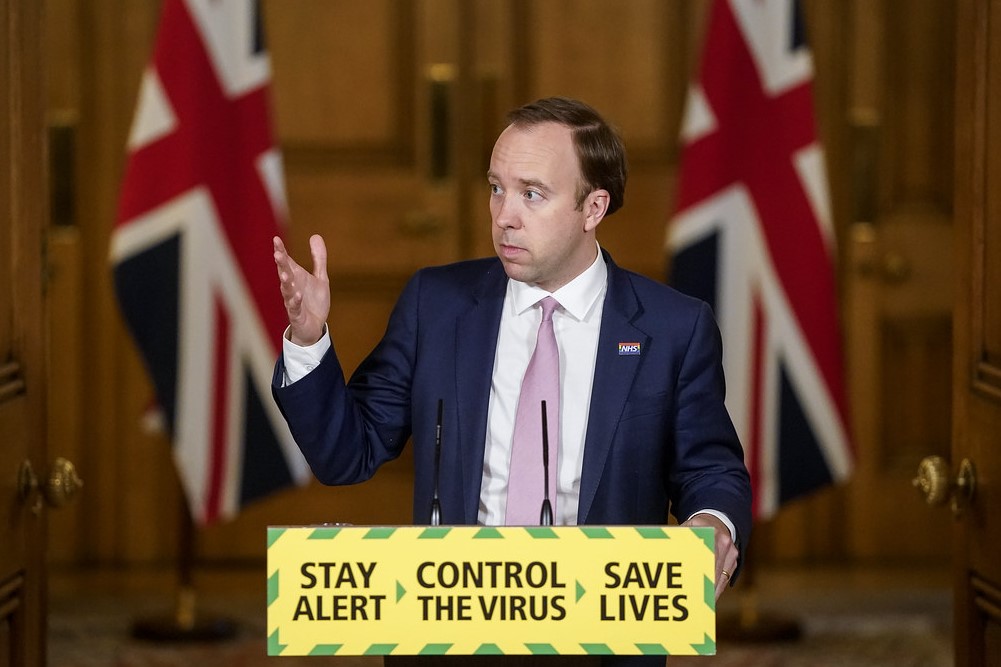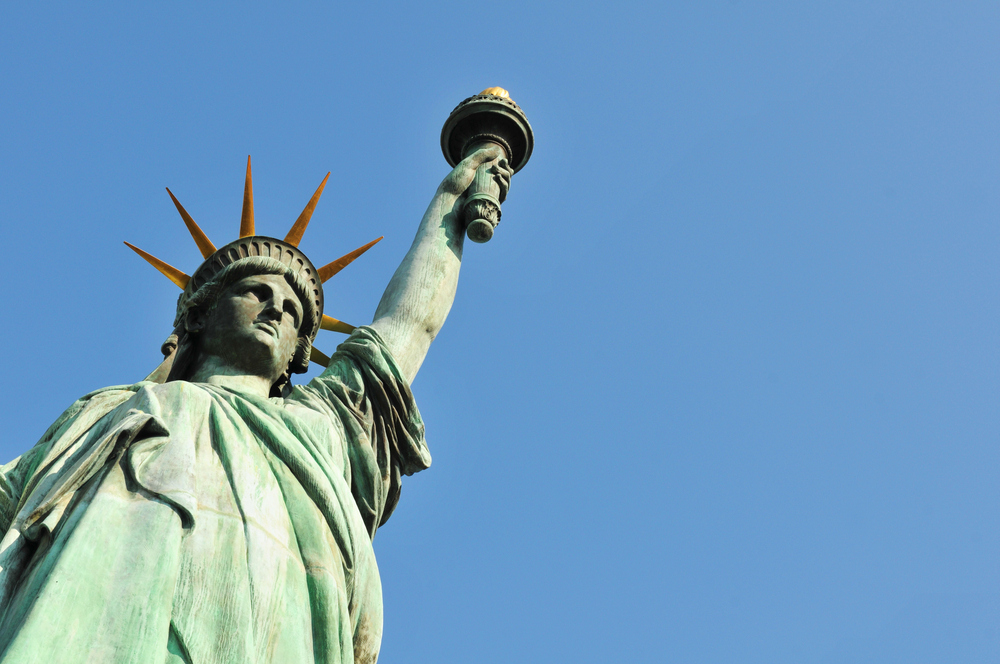Haiti is in crisis, though that fact is not new. Its president, Jovenel Moïse, has been assassinated, probably by foreign actors, after refusing to leave office following the end of his term — a term that began with a contested election. Though, this isn’t the first time that’s happened either. Haiti has been beset by conflict nearly since its founding with almost all the brief periods of “peace” accompanied by ruthless, authoritarian control either by native dictators or foreign powers. Using terminology from MLK Jr., there has never been the positive peace of liberation in Haiti, though for brief periods there has been the negative peace of iron-fisted oppression.
No one yet knows who assassinated Moïse or why they did it. However, there are some clues. The assassination was “well-orchestrated” with numerous vehicles full of upwards of 20 people storming the president’s home early in the morning while most of his guards were noticeably absent. And, Moïse had many enemies: he was unpopular, many powerful business-controlling families opposed him, and the leader of G9, the most prominent confederation of gangs, expressed opposition to his reign.
As a result of the assassination, the country has fallen into a chaos of leadership. At least three people have been claiming legitimate authority over the Haitian government: Claude Joseph, the acting Prime Minister who was fired by Moïse just a week before his death; Ariel Henry, the man Moïse appointed to replace Joseph; and Joseph Lambert, the President of the Haitian Senate who the Senate voted for to succeed Moïse. Meanwhile, the legislature is mostly empty, since the terms of all the representatives in Haiti’s lower house and two-thirds of those in the upper house expired last year and elections to replace them were not held. Because of this situation, Moïse was ruling by decree and advocating a constitutional referendum to increase the power of the presidency. Thus, when he was killed, there was no obvious authority to replace him. (Claude Joseph has agreed to hand power over to Ariel Henry, but, as NPR reports, “some lawmakers. . . said the agreement lacks legal legitimacy.”)
Without clearly legitimate leadership, several ongoing crises in Haiti are likely to worsen: the spread of COVID-19 variants, the dysfunctional economy, and the growing power of violent gangs. The situation is unconscionable. Surely, Haiti is in need of aid and would benefit from the help of its rich, powerful neighbor, the United States, right? Unfortunately, it’s not that straightforward.
There are two main camps on this issue. Some people, mostly liberal American commentators, are pro-intervention for basically the reason expressed above: the situation is dire, requires an immediate fix, and the people of Haiti cannot do it alone. Others, including socialists, anti-imperialists, and activists in Haiti, oppose intervention, citing the long history of foreign intervention in Haiti that has only made things worse, furthering the interests of everybody except the Haitian people.
Before we turn to assessing the merits of these two positions, it’s important to appreciate some of the context since, without a sense of the history here, we seem doomed to repeat it. We’ll look at how Haiti has actually been governed, the history of intervention in Haiti by foreign powers, and why there is disagreement about who should lead the government.
Putting the Problem in Context
History of Foreign Influence in Haiti
In practice, Haiti has rarely lived up to the ideal of a constitutional republic. The Spanish and then the French colonized the island from 1492 to 1804, when Haitians declared independence. For most of its history thereafter, Haiti has been led by a local dictator (such as François Duvalier), a military junta, or a foreign occupying military (most often the United States).
The U.S. occupied Haiti from 1915-1937 and from 1994-1995 and participated in the 2004 coup d’état of Haiti’s first truly democratically elected President Jean-Bertrand Aristide. In the first occupation, the United States military compelled Haiti to rewrite its constitution to allow foreign ownership of Haitian land. They killed fifteen thousands rebelling Haitians. And, they introduced Jim Crow laws, reintroducing racism to the island after its founders had declared that all its citizens would be considered Black. They did all this to reinforce American business interests on the island and to strengthen the United States’ imperialist interests in the region.
The UN then occupied Haiti from 2004 to 2017, ostensibly to keep the peace. They brought cholera, killing thousands. And, there were credible reports of UN soldiers very frequently sexually assaulting the Haitians they were stationed there to protect.
And, already, it has come out that some of the Colombian mercenaries involved in the assassination were U.S.-trained, if not actually U.S.-led. The U.S. trained these Colombian mercenaries to fight against drug cartels in Central and South America, just one more example of U.S. foreign intervention with unforeseen consequences.
Given all this foreign influence and the changes those foreign influences have had on the Haitian Constitution, the constitution in Haiti is not treated with the same reverence as the United States Constitution is in the U.S. Nonetheless, for those who don’t claim to rule by sheer force (as opposed to the numerous gangs who do, and, in practice, control large parts of the capital city of Port-au-Prince) the constitution is the sole source of authority.
Origin of the Leadership Controversy
The current Constitution, from 2012, says that the prime minister assumes the role of the president should the sitting president die. Thus, Claude Joseph and Ariel Henry, both of whom claim the Prime Ministership, claim the power to serve as acting president. But, as the Haitian Times reports, “the constitution also says that if there is a vacancy ‘from the fourth year of the presidential mandate,’ the National Assembly will meet to elect a provisional president.”
Unfortunately, the National Assembly has been almost entirely empty since last year when the terms of two-thirds of the Senators expired along with the terms of all the House Deputies. Thus, the remaining 10 Senators, who are the only elected representatives in office, claim the authority to elect the provisional president. Of those ten, eight agreed on Joseph Lambert, the President of the Senate, who is the third to claim the power of the presidency. With the president assassinated, the Chief Justice of the Supreme Court recently having passed away from COVID-19, and the legislature virtually empty, all three branches of government lack straightforwardly legitimate leadership.
Ethical Perspectives on Intervention
Pro-Intervention
So, what should be done about this mess, if anything? The pro-intervention camp varies in their prescriptions, but we can identify two main suggestions that repeatedly crop up: first, they support a U.S.-led investigation into the assassination. As Ryan Berg of CNN states, “The international community. . . should push for an investigation. . . lest [the perpetrators] benefit from the impunity that is all too common in Haiti.” If unelected interests can simply kill politicians they don’t like, the government isn’t much of a government at all.
Second, they recommend the U.S. or UN organize an immediate election to refill the legislature and office of the president. In Haiti, the government is responsible for running elections. But, as we’ve seen, there isn’t much of a government left. Thus, as the editorial board of The Washington Post argues,
“The hard truth, at this point, is that organizing them and ensuring security through a campaign and polling, with no one in charge, may be all but impossible.”
Anti-Intervention
The anti-interventionists staunchly disagree. Kim Ives, an investigative journalist at Haïti Liberté explained in an interview with Jacobin that the assassination was likely a response to socialist Jimmy Cherizier. Cherizier brought together nine of the largest gangs in Port-au-Prince into a single organization called G9 and advocated against foreign ownership of Haitian businesses. He made a statement on social media, saying, “It is your money which is in banks, stores, supermarkets and dealerships, so go and get what is rightfully yours.” Ives supports the “G9 movement,” as he calls it and so opposes intervention that would serve to crack down on the “crime” he sees as revolutionary. As he says, the interests of Haiti’s rich are “practically concomitant with US business interests” and so U.S. intervention would “set the stage for the repression, for the destruction of the G9 movement.”
But, you need not be a revolutionary socialist to oppose intervention in Haiti. A great many Haitians oppose U.S. intervention. They tend to give two reasons: first, foreign intervention has frequently hurt Haiti, intentionally or unintentionally, far more than it has helped; and second, as André Michel, a human rights lawyer and opposition leader demands, “The solution to the crisis must be Haitian.” Racism and classism has led outside nations to think Haitians cannot solve their own problems. But, they have always failed. As Professor Mamyrah Douge-Prosper urges, “Rather than speaking authoritatively while standing atop long-standing racist tropes, it is important more than ever to be humble, ask questions, and focus on the deeper context.”
In short, it is Haitians who know best how to fix Haiti. Its problems are largely a result of colonialism and imperialism from foreigners. France forced Haiti into debt to preserve its independence. The UN brought cholera and sexual violence. Foreign aid money has destroyed the local economy. Foreign entanglement has always been the problem, not the solution.
Resolving the Disagreement
What are we to make of this disagreement between those in favor of and those against foreign intervention? One solution is to appeal to democracy and simply do what the Haitian people want. The people of Haiti may have a right to self-determination that we must respect. The value of respecting national sovereignty as a rule might be more important than the benefits accrued from a particular successful violation of that sovereignty. Now, Claude Joseph has requested U.S. or UN military intervention. But, as we’ve seen,
Haiti’s government is currently far from representing its people.
A strictly consequentialist view would be hard-pressed to justify intervention given the damage past interventions have done. But, perhaps we nonetheless have a duty to do something. Intuitively, it seems hard to say we can just do nothing. Just because the interventions of the past have failed does not mean that this one must too. Surely it’s possible that we might learn from our mistakes. And so, perhaps a limited intervention made with good intentions and careful consideration of past errors could do good.
If you’re a socialist, you might be inclined to oppose intervention in the hope that the G9 movement prompts a real revolution. But, if you agree that the past predicts the future when it comes to the inefficacy of foreign intervention, you must also consider how past socialist revolutions have resulted in dictatorships just as bad if not worse than the governments they were intended to replace. This can be seen least controversially in North Korea, Cambodia, and the Soviet Union.
Conclusion
Regardless of which way you swing on the issue, there are several uncontroversial conclusions we can draw about the situation in Haiti:
First, there is no simple solution. U.S. intervention will not immediately make things all better, nor will simply hoping that Haitians solve their crises on their own without addressing the systemic issues that have led to the present situation. There are a mess of interested players, from wealthy business families, to the abundant political parties, and to socialist gang confederations. Additionally, there are many axes of conflict relevant to this situation: bourgeois vs. proletariat, mulattos vs. Blacks, and colonizers vs. colonized, among others.
Anti-interventionists suggest we respect the autonomy of Haitians by respecting their preferences. But, given all these divisions, there’s no real majority preference to be respected. Respecting any preference would be taking a side. And, more than that, say the pro-interventionists, why do their preferences matter if intervention would make them all better off? It’s a valid concern, but is also the argument that has been given over and over again to justify intervention from foreign nations to ill effect.
Thus, second, we must act in the context of history. Any intervention that is carried out must be done extremely cautiously in light of all the harm past interventions have done. For Haitians to succeed in resolving their problems, they must be treated as capable of resolving their own problems. An intervention that is not Haitian-led will reinforce the belief of many Haitians that they are not the ultimate agents of their own affairs. With that consciousness, Haiti will not retain any positive changes that are made.
Finally, as we began with, the status quo in Haiti is unacceptable. Something must be done. The situation in Haiti is the complex result of the involvement of numerous nations. These nations have a duty, if not to intervene, then at least to ensure that the sort of harms they caused (and continue to cause) Haiti do not follow it into the future. For example, the French might owe Haiti the enormous debt they unfairly levied on their former colony. Likewise, the United States might be obligated to end the American property holdings in Haiti that were only possible because of the revisions the United States forced upon their constitution. And finally, it may be that colonizing nations more broadly might have an obligation to invest more in colonized nations, to make up for the damage colonization has wrought on the Global South. Haiti’s crisis is just one more example of how the consequences of colonialism and imperialism can filter down across the centuries.

